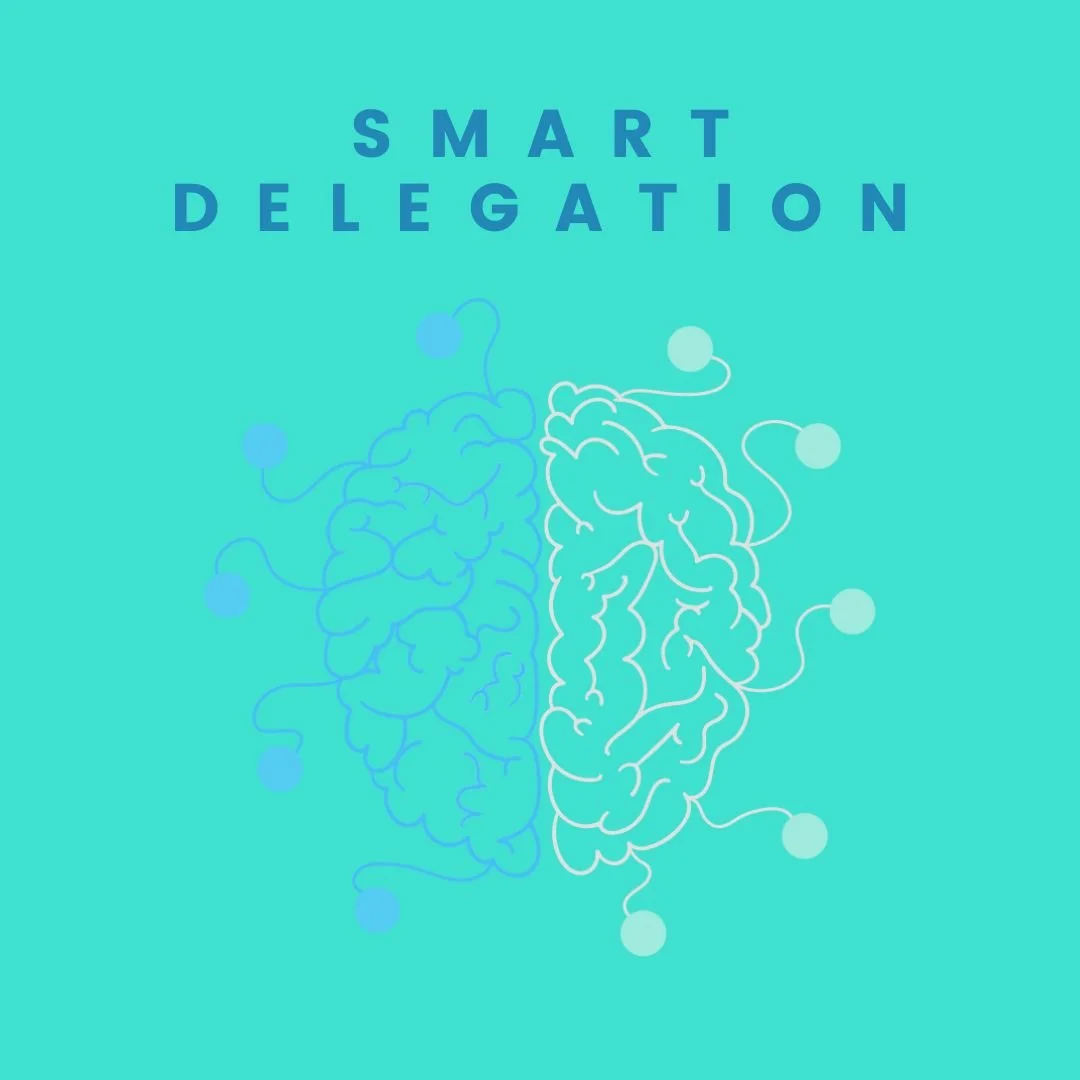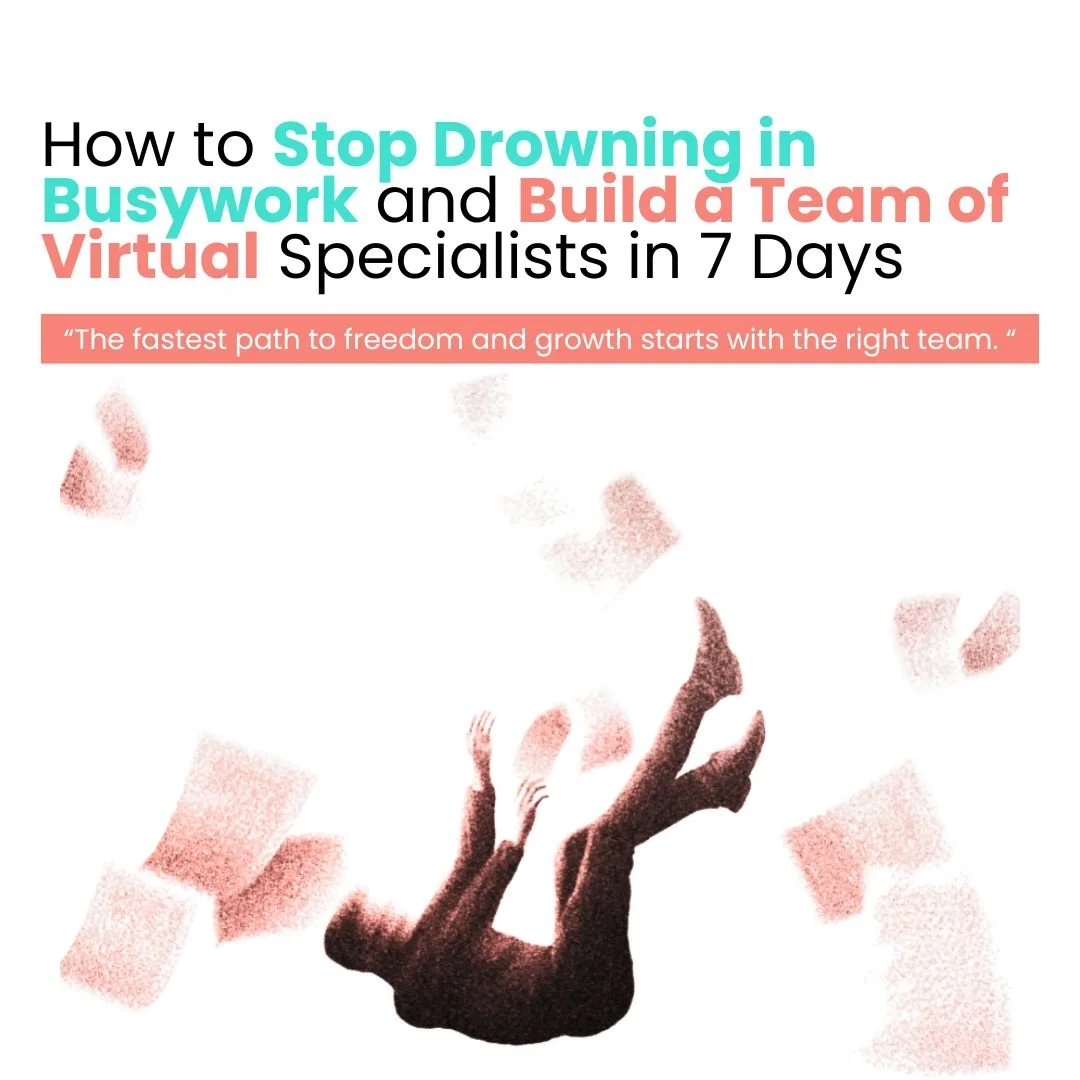ChatGPT vs. Professional Writers: Is it the End for Human Writers
Human writers remain essential despite AI tools like ChatGPT, offering unmatched creativity, context understanding, emotional connection, and ethical responsibility in content creation.
As AI writing tools like ChatGPT advance, many businesses and content creators are questioning whether professional human writers are still necessary. ChatGPT can generate content quickly, handle repetitive tasks, and even mimic certain writing styles, making it a powerful tool for efficiency. However, human writers bring creativity, perspective, emotional nuance, and ethical judgment that AI cannot replicate. From understanding audience intent to crafting compelling narratives and ensuring quality, professional writers remain essential for producing authentic, engaging, and high-impact content.
This article explores the strengths and limitations of both AI and human writers, highlighting why skilled writers continue to hold a critical role in content creation.
DELEGATE SMART. SCALE FAST.
The step-by-step guide to reclaim your time and grow with confidence.
What is ChatGPT?
ChatGPT is a chatbot that utilizes an AI model to engage in conversational dialogue, similar to the automated chat services often seen on customer service websites. Developed by OpenAI, a tech research company that aims to ensure the benefits of AI benefits to society. ChatGPT's name is derived from its "Generative Pre-training Transformer," a language processing approach.
What distinguishes ChatGPT from chatbots developed in the past few decades is its utilization of reinforcement learning from human feedback (RLHF). Unlike its predecessors, ChatGPT was trained using a combination of human AI trainers and reward models to refine its ability to recognize inaccurate assumptions, provide follow-up responses, and acknowledge errors. Additionally, ChatGPT was trained on a collection of human dialogues, enabling it to comprehend context and intentions, leading to more natural and effortless conversations. Ultimately, ChatGPT's capabilities make it practical for various purposes, including translating text, creating social media and blog content, and acting as a customer service bot.
Related Article: Hire a Customer Service Virtual Assistant Now!
How Does ChatGPT Work?
The way ChatGPT operates is by utilizing a neural network to comprehend text, then employing that understanding to become proficient with the language. Though it might appear complex, this method is fundamentally just encoding and decoding data. Neural networks are algorithms that have been programmed to emulate the way neurons inside the human brain communicate with one another. Our brains utilize previous experiences to comprehend how our environment operates; similarly, ChatGPT uses human interactions to aid in predicting outcomes while detecting patterns in language.
In essence, ChatGPT employs an extensive neural network to create a language that is comparable to human speech, which it utilizes to converse.
However, how does this procedure function?
ChatGPT operates by having the user input their commands or inquiries into the text bar. This text then undergoes a sequence of steps, including input processing, tokenization, and embedding. These steps involve breaking the input text down into single words and feeding it into the neural network's transformer. The transformer encodes the input text and creates a probability distribution for all possible outputs through the Encoder-Decoder Attention process. Finally, ChatGPT produces its generated output, and the user receives a text response.
What Are ChatGPT’s limitations?
Although ChatGPT boasts remarkable features that cater to almost anyone's needs, it also comes with a set of restrictions. Let's delve into the limitations here.
1. It may produce non-sensical data
Although ChatGPT can interact like humans. The chatbot solely relies on its system to answer questions in a direct and predefined manner. It is important to note that the responses given by ChatGPT may sometimes be nonsensical and irrelevant. Therefore, it is advisable to expect inaccurate outputs from this chatbot. Additionally, ChatGPT doesn't incorporate any emotions or sarcasm in its responses. It maintains a formal tone while providing answers.
2. It has limited knowledge
ChatGPT has the ability to extract information from the internet and provide answers to users' queries. However, its knowledge base cannot compete with that of humans. There will be instances where the chatbot might not be able to answer your questions adequately. For example, if you inquire about recent advancements in a particular area, ChatGPT may not be able to provide relevant answers.
3. It accepts input in text format only
One of the significant drawbacks of chatGPT is its restriction on text inputs. Although you may use voice commands to direct it, the chatbot cannot utilize other forms of media, such as URLs, images, or videos. If you want to utilize data from an image to control the chatbot, you must first interpret and convey it in text format.
4. Its input should be in a limited number of characters only
If you attempt to input a lengthy text, like an extensive story, into ChatGPT, the platform will not be able to provide an appropriate response. ChatGPT cannot function when given long texts as input and will instead produce unrelated results.
5. It can’t perform multiple tasks at a time
ChatGPT can only cater to a single query for every message. It may provide an inappropriate response if prompted to execute multiple tasks. If the request comprises writing an essay and solving math problems concurrently, the system will produce an error.
6. Answers will require fine-tuning
Chat GPT is capable of providing an instant response. However, the answers may be very technical or formal in language and may contain extraneous and sometimes unnecessary information. Therefore, refining and rewording the responses to better suit your context is necessary. Additionally, you will also have to enhance the quality of the response by adding valuable and related content, resulting in a more time-consuming process.
7. It lacks expressions
Chat GPT can answer your questions, but they won’t be in an expressive way as humans would do. The chatbot is a machine and lacks expressive language. It sticks to a formal tone where you won’t realize any emotions within the answers. They will be in straightforward language. For example, if you ask chatGPT to write a poem about rain, it will be immediately written. But the poem will lack expressions and emotions.
Advantages of Human Writers
Over the past few years, artificial intelligence (AI) has progressed to a stage where it can create written content. This advancement has brought AI-powered writing tools into the spotlight as they can produce top-notch content in a short duration. Though these tools have benefits, there are still quite a few reasons why human writers still remain unrivaled.
1. Human Perspective
AI writing tools are constrained by the data they are trained on and lack the ability to incorporate their own distinct perspective into their writing, unlike human writers who can draw on their own unique experiences, insights, and opinions to produce innovative and captivating content.
Related Article: Why Content Marketing Matters? Best Techniques
2. Human Creativity
The creativity of human writers is one of their greatest assets. Writing comprises not only stringing words together but also narrating a story, captivating an audience, and establishing a bond. Human writers excel in providing an unparalleled degree of creativity that AI writing tools cannot carry out. They have an innate ability to infuse their writing with character and sentiment, making it more personal and captivating to readers.
3. Human Understanding
Writing involves not only stringing words together but also comprehending the context, tone, and objective of the text. Human writers possess the capacity to decipher intricate information and craft content that is customized for a particular audience. They are capable of adjusting the style, tone, and language of their writing to align with the readers' requirements. Conversely, AI writing tools may be restricted by the data they have been trained on and may struggle to capture the subtleties of a particular context.
4. Human Connection
Writing is such a significant method for establishing a rapport with the audience, enabling us to exchange ideas, articulate sentiments, and engender a feeling of togetherness. Through their writing, human writers can establish a more profound connection with their readership by utilizing their individual experiences, perspectives, and viewpoints to produce content that strikes a chord with the reader. Meanwhile, AI writing tools are restricted to the data they have been trained on and may not be capable of forging a comparable level of connection.
5. Ethics and Responsibility
Human writers have the ability to exercise discretion and responsibility in their writing. They can weigh the impact of their words and produce content that is ethical, responsible, and aligned with the principles of the organization.
Chat GPT vs. Professional Writers: Which is a Better Choice?
Despite the widespread recognition of AI writing tools for their capacity to generate content instantly and efficiently, there still exist several compelling arguments for the superiority of human writers. Human writers possess a unique blend of perspective, creativity, comprehension, connection, and ethical responsibility that AI writing tools are unable to replicate. As technological progress persists, it is imperative to acknowledge the significance of human writers and their unparalleled contributions to the craft of writing.
Where to Hire Skilled Professional Writers?
Smart Virtual Assistant
👍🤵
Smart Virtual Assistant 👍🤵
Without a doubt, AI writing is here to stay, but this does that mean that writers lose their significance and purpose. Although AI-powered writing tools such as ChatGPT offer speed and efficiency benefits, they cannot replace the human touch in content writing, which is difficult for AI to replicate. Moreover, the quality of content produced by AI-powered writing tools still does not match that of human writers. Thus, if you are on the lookout for skilled and professional writers, SMART VAs has a pool of them ready for you. Their writers are seasoned when it comes to content and technical writing. Click here to hire one.
READY TO FINALLY DELEGATE LIKE A CEO?
Learn the 7-day plan to build your dream VA team and step out of the weeds.
Frequently Asked Questions
-
Our Smart VAs can connect you with skilled writers who match your content needs, manage communication, and ensure deadlines are met efficiently.
-
While ChatGPT can generate content quickly, it lacks creativity, perspective, and emotional nuance. Human writers provide quality, personalized, and engaging content that AI cannot replicate.
-
AI tools like ChatGPT are helpful for drafting content and saving time, but they cannot replicate the critical thinking, creativity, and ethical judgment that human writers bring.
-
At Smart VAs, we evaluate writers based on their experience, writing style, and expertise to ensure they align with your brand voice and project goals.
-
Yes. Skilled writers deliver content that resonates with audiences, builds trust, and drives conversions—benefits that AI alone cannot fully achieve.
Ready to Work Smarter, Not Harder?
Smart VAs provides a team of highly skilled specialists from around the world, ensuring seamless support no matter the time zone. We take pride in delivering efficient, fast, and high-quality service so you can focus on growing your business. With one subscription plan, you gain access to a complete team of digital marketing experts that’s customized to your unique needs, eliminating the need to train and look for one yourself!







